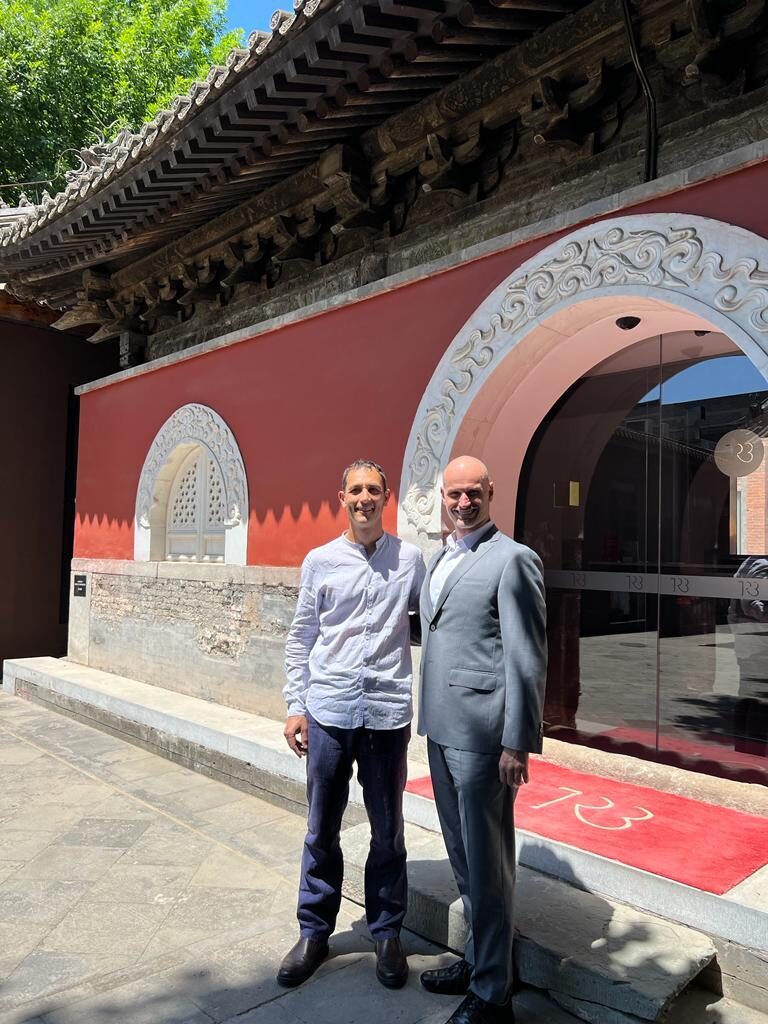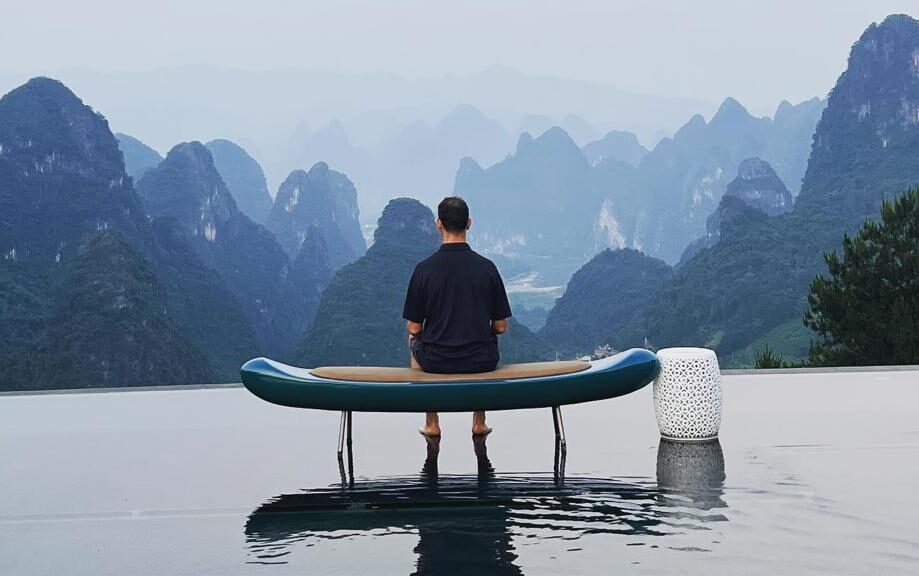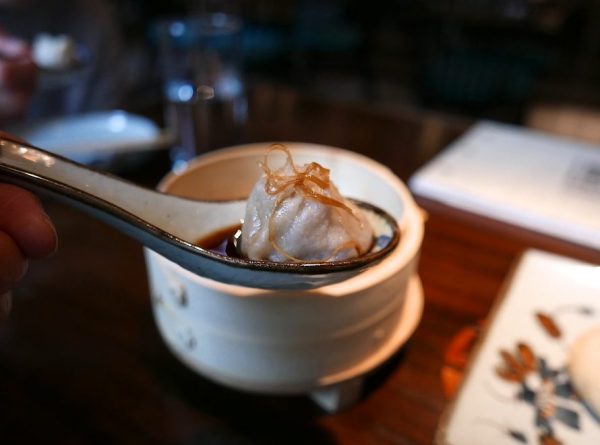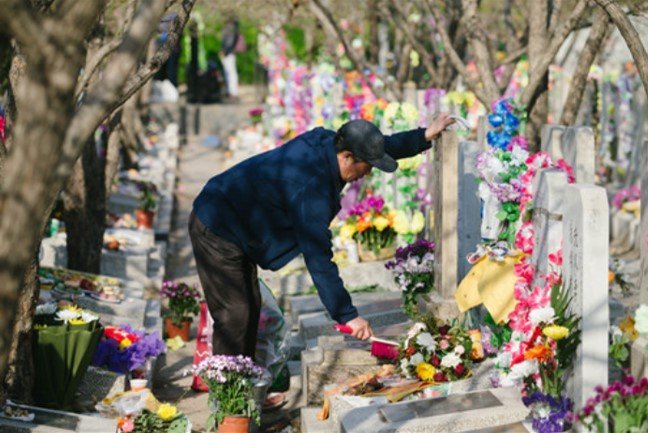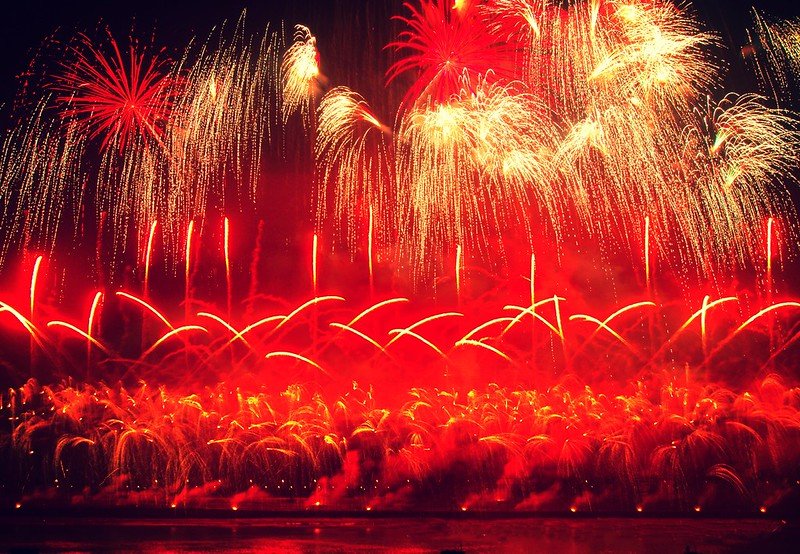1. What does the Michelin star mean in China and what does it mean to you?
Michelin of course creates and sets the standard for fine dining experiences worldwide. As Temple Restaurant Beijing (TRB) has always aimed to provide the best fine dining experience in Beijing, it was crucial for us to be recognized for what we do. I am delighted that an equivalence has now been drawn between Beijing’s top restaurants and the dining in other leading gastronomic centres of the world. » Read more »
» Read more »4 years ago I co-founded Imperial Tours, an inbound luxury tour operator in Beijing, where I lived for 20 years. As a result of the Covid pandemic, I was trapped outside China from November 2019 until three weeks ago when I returned for the first time in over three years. This article describes the changes I found on reopening China’s travel industry.
The Rise of “Genuine” Boutique Hotels
When China first opened to the travel industry in the 1980’s, » Read more »
» Read more »Even a cursory look into the culinary delights of the Middle Kingdom will reveal countless references to Xiaolongbao. These bite sized delights, traditionally filled with pork and soup, are a must try on any China itinerary. Xiaolongbao are often, wrongly, called small dragon dumplings because of the middle sound “long” which means “dragon”. However, the written Chinese character makes it clear that this “long” is in fact, “steamer basket”, thus making them “small steamer basket dumplings”. » Read more »
» Read more »Tomb Sweeping Festival, or Qingmingjie in Mandarin (pronounced Ching-ming-jair), is a three-day public holiday in China, making it the perfect time for a luxury China tour. Literally translating to the Pure Brightness festival, Qingmingjie is the day when people pay their respects to ancestors, traditionally by cleaning the graves and burning offerings. However, since this day usually falls on the 4th or 5th of April, the occasion is often used to mark the start of spring. » Read more »
» Read more »Mainland China has six main holidays every year in addition to New Years on January 1st which it celebrates in tandem with the rest of the world. The majority of China’s festivals follow the Lunar calendar and are based upon the monthly cycles of the Moon’s phases. Of the six holidays, two are labeled “Golden Week” holidays because they last seven consecutive days. The others comprise of one day holiday.
In practice, a unique feature of mainland Chinese holidays that differs from other countries is that weekends are usually substituted with weekdays next to the actual holiday so as to create a longer 7-day “holiday” period when in actual fact workers only get three days off. » Read more »
» Read more »